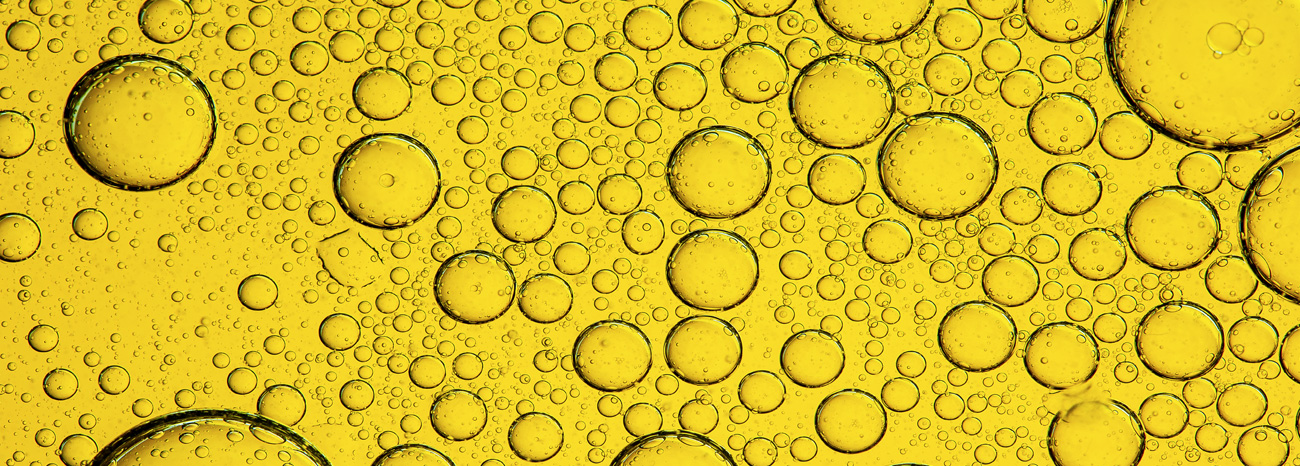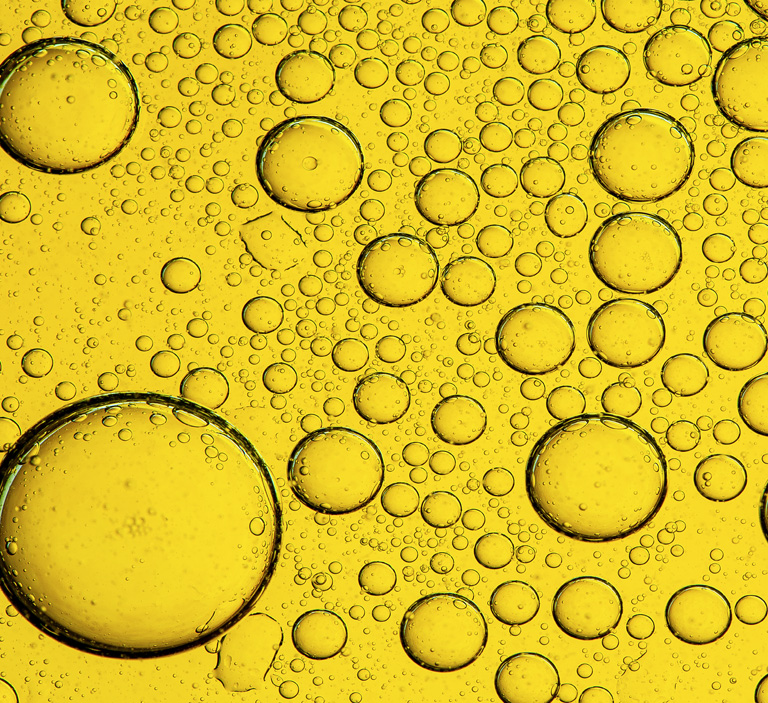

Maximize Performance and Protect Your System with Heating Oil Additives
If you’re like most homeowners, you’re always on the lookout for ways to stretch your dollar. This is especially true when it comes to your home heating expenses. The good news is there are ways to save and improve the longevity of your heating system, like buying your home heating fuel at a lower cost by pre-paying or using a budget plan and committing to annual system maintenance. Another simple option is to include high-quality heating oil additives in your maintenance program.
What Are Heating Oil Additives?
Heating oil additives are generally added at the time of your fuel delivery. These products help prevent clogs and corrosion while improving overall combustion efficiency.
Here are the main types of heating oil additives—let’s find the one that’s right for your system.
Fuel Stabilizers
If you use other methods of home heating alongside your oil heat system—wood-burning stove, pellet stove or a fireplace—you need to be mindful of the effects on the unused heating oil in your tank. When heating oil goes unused, the quality of the oil degrades due to oxidation. Not only that, sediments can build up and cause clogs that prevent your system from receiving the fuel it needs. A fuel stabilizer will keep your oil fresher for longer, preventing these issues.
Cold Flow Improvers
If you live in an area where winter temperatures stay below freezing for long periods of time, consider adding cold flow improvers to your heating fuel. The extreme cold causes heating oil to thicken and gel, leading to impaired or blocked flow of fuel to your system and, ultimately, a chilly house. Cold flow improvers fight against this by altering the crystallization process that happens at low temperatures, keeping your fuel flowing and your home cozy and warm.
Biocides
Another potential threat to the quality of your fuel oil if you’re not consistently using your system is the growth of microorganisms. The dark, damp environment of a partially inactive oil tank creates conditions for bacteria and fungi to grow, leading to the potential for clogs from the resulting sludge. It can even cause corrosion of the oil tank walls and damage your heating system. A biocide will target and eliminate these microorganisms from taking hold, keeping your oil and tank clean.
Corrosion Inhibitors
Protect your oil tank and the metal components of your heating system from corrosion with corrosion inhibitors. This additive creates a protective barrier on metal surfaces, preventing the conditions that lead to oxidation and rust that can contribute to leaks or system failures. Not only does this put off the expense of an oil tank replacement, it helps keep your heating system functioning smoothly. You can use corrosion inhibitors alongside biocides and water dispersants for additional protection.
Combustion Improvers
If you want to make sure your heating system is working as efficiently as possible, consider adding combustion improvers to your oil. This additive makes your oil burn cleaner and more efficiently, reducing harmful emissions from carbon monoxide and nitrogen oxides. By removing conditions that lead to soot and residue, combustion improvers fight against blockages, keeping heat exchangers clean and adding years to the lifespan of your system’s burners and nozzles. So you’re breathing cleaner air and your heating oil is equipped to yield more heat per gallon, saving you money.
Water Dispersants
Condensation in your oil tank can cause a number of issues. From ice build-up and frozen fuel lines in extreme cold to microbial growth, the build-up of sludge and the creation of conditions for corrosion, you want to make sure your tank is protected. Water dispersants work to bond with the water molecules in both your oil and the tank, keeping the water from collecting and leading to trouble for your system. For added protection, consider using corrosion inhibitors with water dispersants.
Potential Issues with Mixing Additives
While some additives like water dispersants and corrosion inhibitors work well together, it’s important to check the warnings and incompatibility risks of every additive before use. Some additives can cancel out the other’s effectiveness and others can be downright harmful when used together. Too much of a good thing applies here, since excessive additive use can create the same sludge build-up and clogs you’re trying to avoid.
Choosing the Right Additives for Your System
With so many choices, where to begin? When deciding which heating oil additives to use, start by considering the type of heating fuel oil you use, the design of your heating system and the climate conditions where you live. If you experience winters with extreme low temperatures, you’ll want to look at using cold flow improvers and water dispersants. If you just want to extend the life of your heating system and your oil tank, you may want to use a combustion improver. Don’t go it alone, check with your heating system manufacturer or local professional for guidance.
Have Questions?
Contact us and we will be happy to answer any questions. Call 215.799.2019 or click the button below.
Promotions Sign Up
Sign up below if you would like to receive occasional promotional offers and tips.







